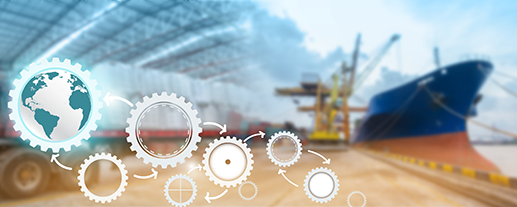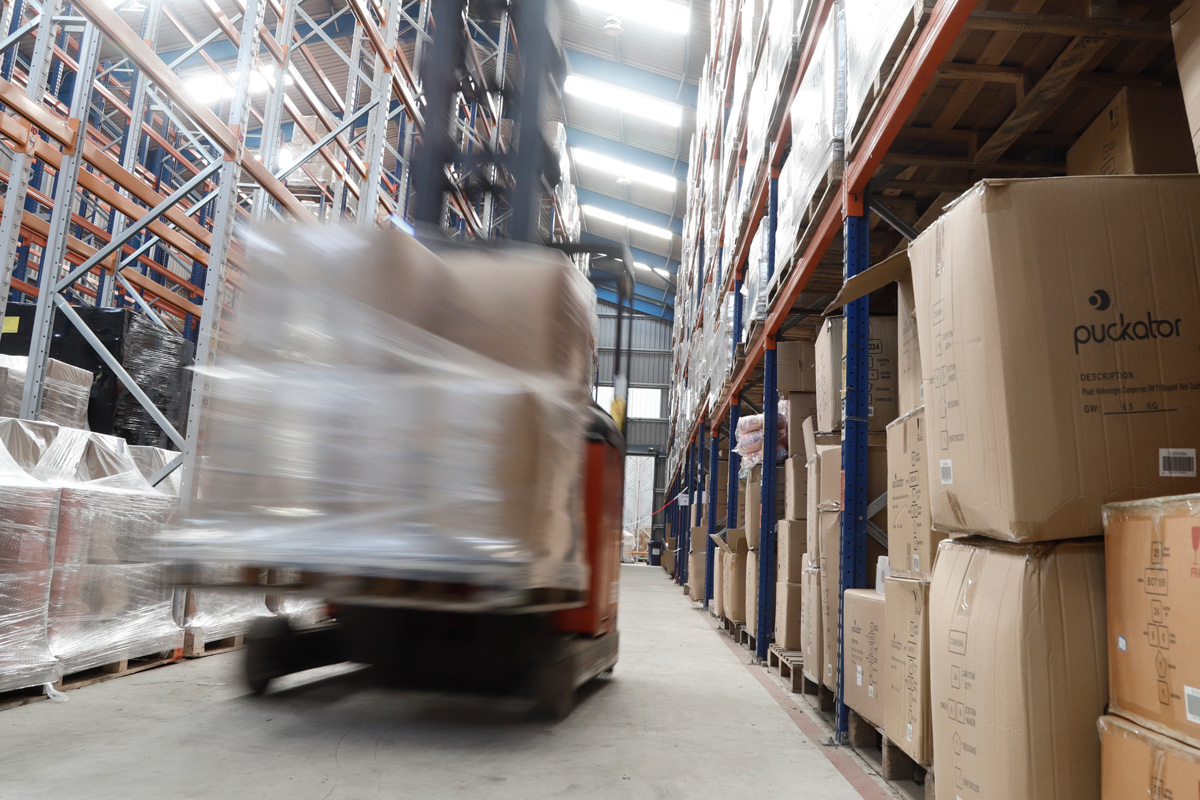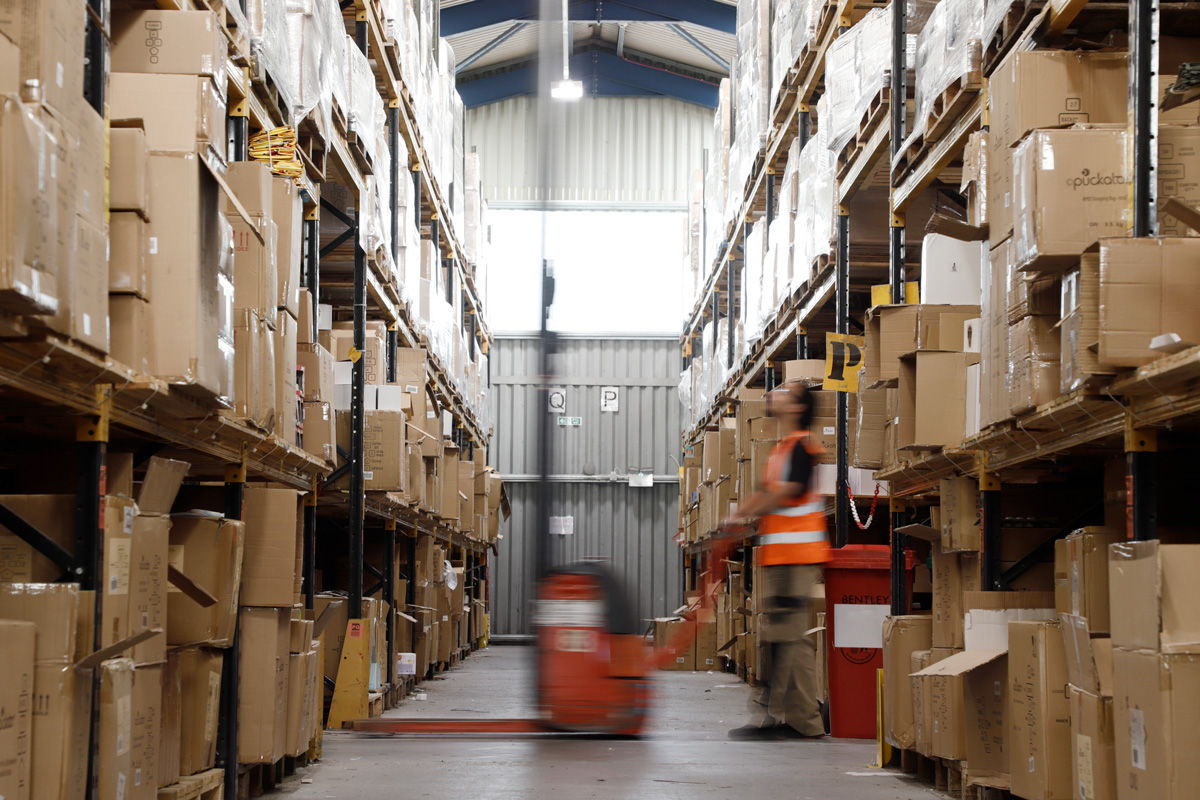
Supply Chain – is it still an issue?
The short answer is yes, the global supply chain issues we have all been experiencing over the last few years are still causing disruption and continue to present a challenge for the global economy. We are all feeling the effects of the global supply chain disruption with delays to stock arriving in the UK, shortages or certain items and increase in the cost of living.
Why are we still experiencing these delays?
There are lots of factors that contribute to this including processing and distribution delays in China, fuel costs, shipping delays, and Brexit, but why after more than a year are these delays still occurring?
- Covid – In China, there continues to be strict covid regulations that see whole cities, factories or ports locked down for weeks at a time. Shanghai recently experienced a 2 month lockdown due to increased cases, and in Ningbo residents were having to do regular tests just to leave their apartments. These examples show how strict the regulations still are in China.
- Labour shortages – The way we all work has changed over the last 2 years and in the countries that are the largest producers of manufactured goods such as China and India, the workforce dynamic has changed, with the younger population moving into the higher skilled jobs rather than the manufacturing industry.
- Climate Change – Governments around the world, including China are moving forward with much needed changes to reduce carbon emissions. This can lead to less efficient factories and manufacturing processes having to reduce production to stay within new regulations.
- Shipping Containers – In short, the issues caused by the global reduction in the movement of goods during the pandemic mean containers are now in the wrong place or in short supply due to less being manufactured over the last few years. It will still take some time to get things back to the right places.
- Ukraine War - Sanctions on Russian goods are causing bottlenecks in European ports because all containers from Russia must be inspected. This is causing gridlock with vessels waiting 3 or 4 weeks for a berth, resulting in further shortages due to vessels and containers being taken out of the global container system.
- Demand The soaring post covid demand for goods, especially in America, is creating above normal levels of demand for containers, thus reducing availability (although the cost-of-living increases may soon start to restore the balance here).
What does this mean for the future?
Although we expected to see a rapid easing of the supply chain difficulties by Spring 2022, despite some improvements, the delays continue. It is likely to be several months before we start to see significant improvements.
However, there are factors such as rising inflation, the increasing cost-of-living, and a general slowing in global economy, which will give the supply chain a bit of breathing space to recover more quickly.
How does this affect Puckator?
For Puckator, as with most other importers, the supply chain issues over the past few years have severely impacted our stock levels. Despite this, we have adapted and worked with our established network of manufacturers, suppliers and shipping forwarders to create a sustainable plan, which has seen stock levels gradually increase in the first half of the year, and will see them continue to build during the rest of 2022.
Although our stock levels are still not yet fully back in balance, and there are still increased delays on stock coming into the UK and Poland, it is a situation which we are confident will continue to improve over the next two or three months, with stock returning to normal levels by late summer.















